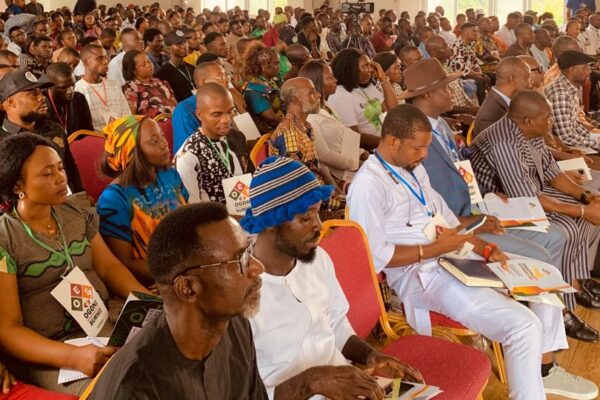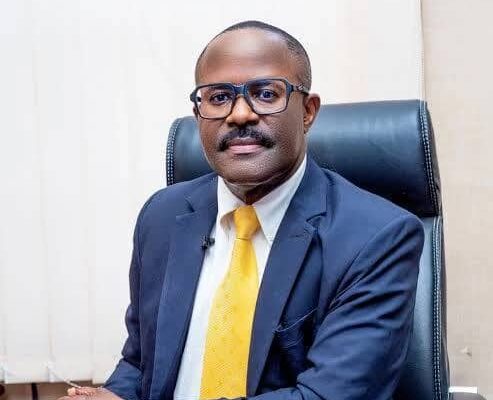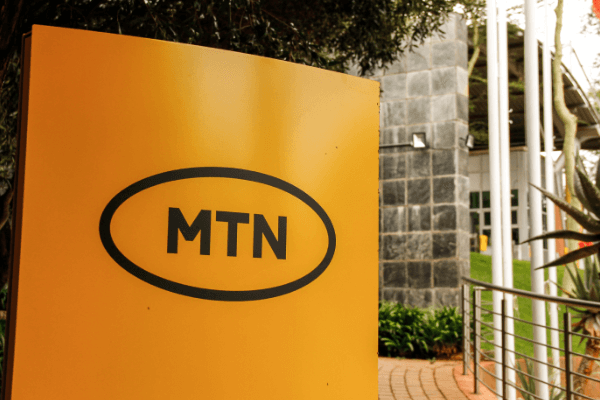
Building Businesses with Purpose: Very Rev. Msgr. Pius Barinaadaa Kii on Why Ethics Matter in Entrepreneurship
In another session at the Ogoni Entrepreneurship Summit, Very Rev. Msgr. Pius Barinaadaa Kii delivered a values-driven address that highlighted the importance of leadership, discipline, and ethical conduct in building sustainable businesses. He began by expressing gratitude to God for the life and vision of the Convener, Chief Lesi Maol, whom he described as a gift divinely orchestrated for the advancement of the Ogoni people. Very Rev. Msgr. Pius praised Chief Lesi Maol for his consistent and selfless contributions to the growth of the Ogoni business and development landscape. He noted that while many individuals have served in public capacities representing the Ogoni people over the years, few have demonstrated the level of commitment, wisdom, and foresight shown by the convener. According to him, Chief Lesi’s dedication to empowering entrepreneurs and fostering economic progress reflects a rare depth of leadership and service. He emphasized that the respect and admiration held for the convener were key motivations behind the strong turnout at the summit. Speaking on the theme “Discipline and Human Values as the Basis for Business Success,” Very Rev. Msgr. Pius addressed the moral foundations required for sustainable entrepreneurship. He observed that many individuals in positions of influence often display a lack of ethical conduct, despite their status, noting that such contradictions undermine long-term success and societal trust. He stressed that genuine business growth must be guided by discipline and adherence to universally accepted ethical standards. According to the speaker, ethics serve as a moral compass that helps individuals distinguish between right and wrong in every situation they encounter. He emphasized that entrepreneurs who operate without ethical boundaries may achieve short-term gains but ultimately risk reputational damage and failure. In contrast, businesses built on integrity, accountability, and respect for human values are more likely to earn trust, attract partnerships, and achieve lasting success. Very Rev. Msgr. Pius Barinaadaa Kii further advised entrepreneurs to begin their ventures with the right intentions and to consistently uphold morally sound actions in their dealings. He acknowledged that kindness and ethical conduct may appear to be diminishing in society, including within Ogoniland, but emphasized that these values must be deliberately cultivated and sustained.









